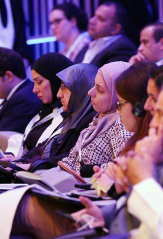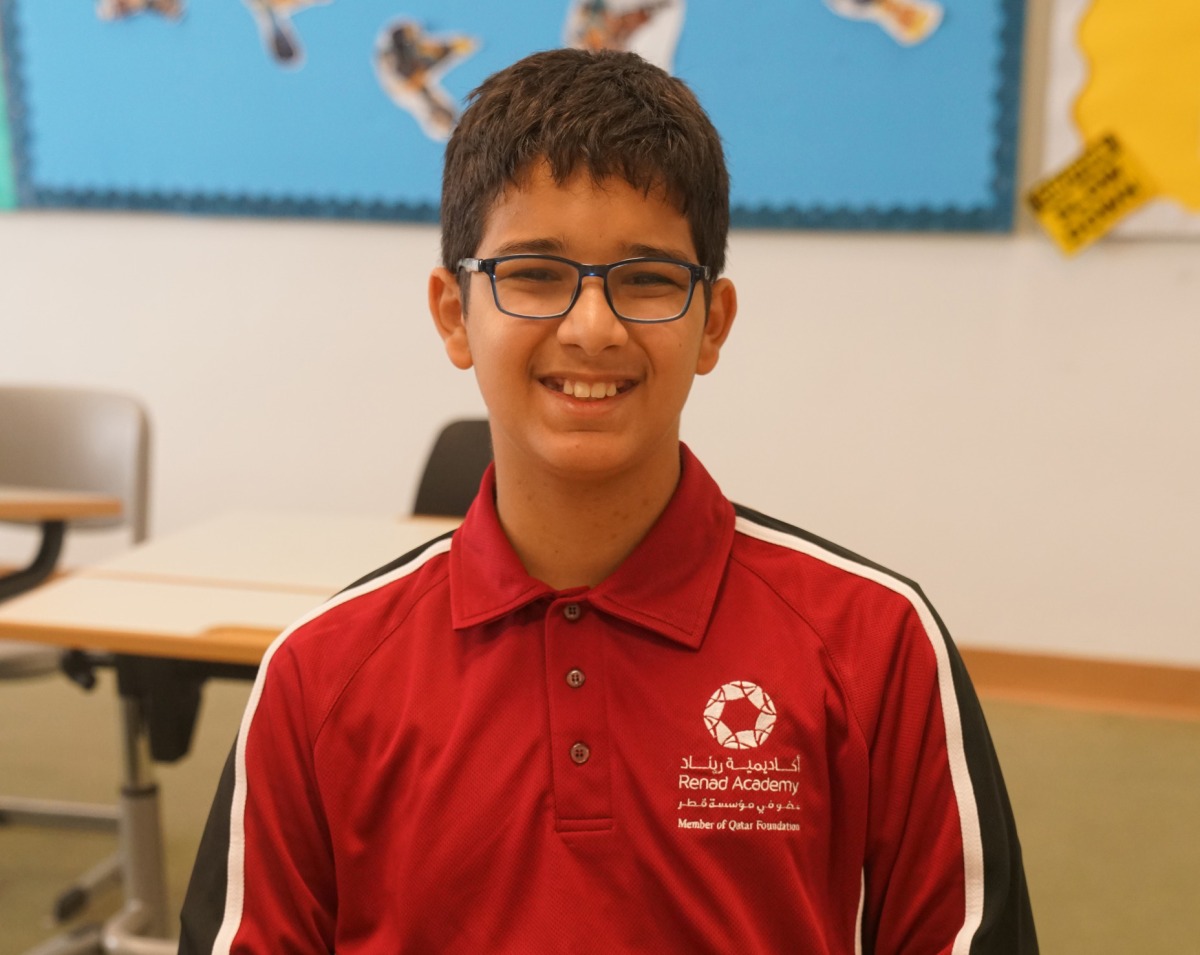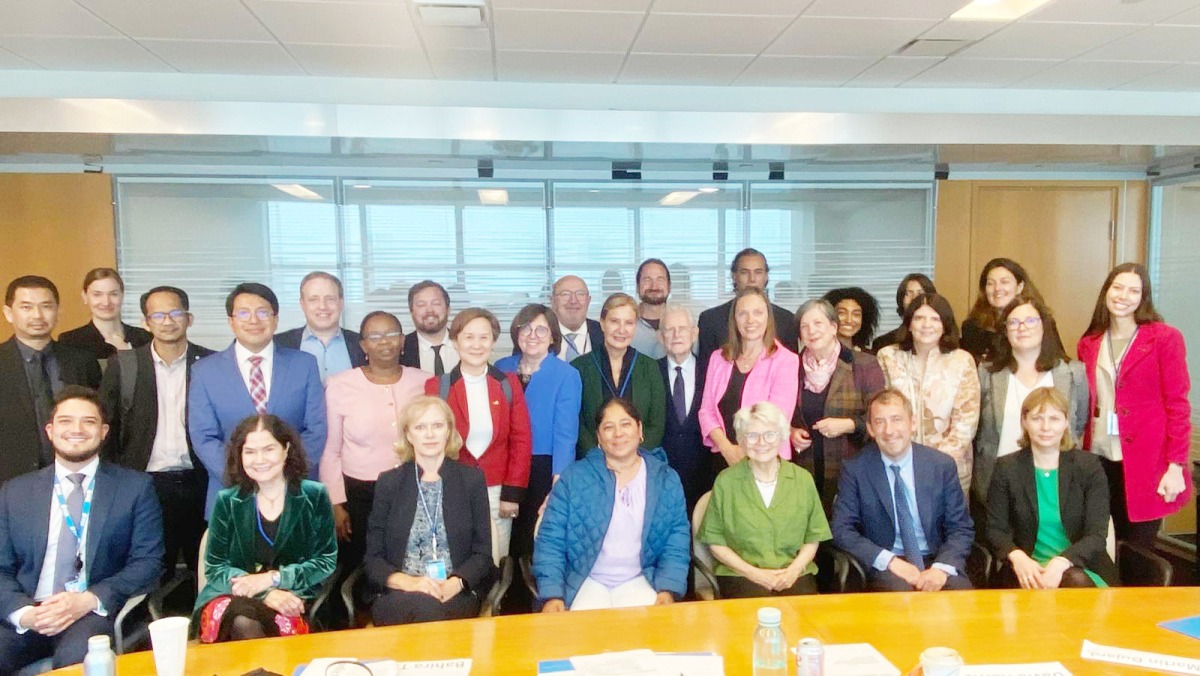
Dialogue Organized by the Doha International Family Institute (DIFI). Topic: As They Raised Me From Childhood: Specialized Programs to Better Parenting
Academics and researchers shared experiences and obstacles encountered while conducting research on war and conflict zones on October 18, 2016 at the second day of the Doha International Family Institute (DIFI) conference on Family Research and Policy.
Moderator Suad Joseph, Ph.D., University of California, said: “When conducting research on victims of war, we need to know what their experiences and conditions are, and how they manage and understand their circumstances. It’s also important to understand the risks of delaying research among populations at risk.”

The session entitled “Research in Wars and Conflict Zones: Methods, Ethics, and Lessons” enabled researchers to tackle the multiple ethical and methodological challenges they face when conducting research on how conflicts and wars impact Arabic families.
“Researchers should always be guided by the ‘do no harm’ principle in every step of their research. They should assess whether their methods, or even physical presence is doing harm,” Joseph added.
“Many countries and universities in this region do not have human subject protocols, which are essential. We have to ensure we access them from institutions online as they are intended to protect the vulnerable subjects we are researching,” she explained.
During the session, best practices to advance research and improve outcomes were also discussed.



The Doha International Family Institute (DIFI) has launched the OSRA research grant in its sixth cycle which is a research grant on Arab families and family policy related issues.
Find Out More